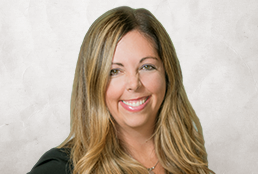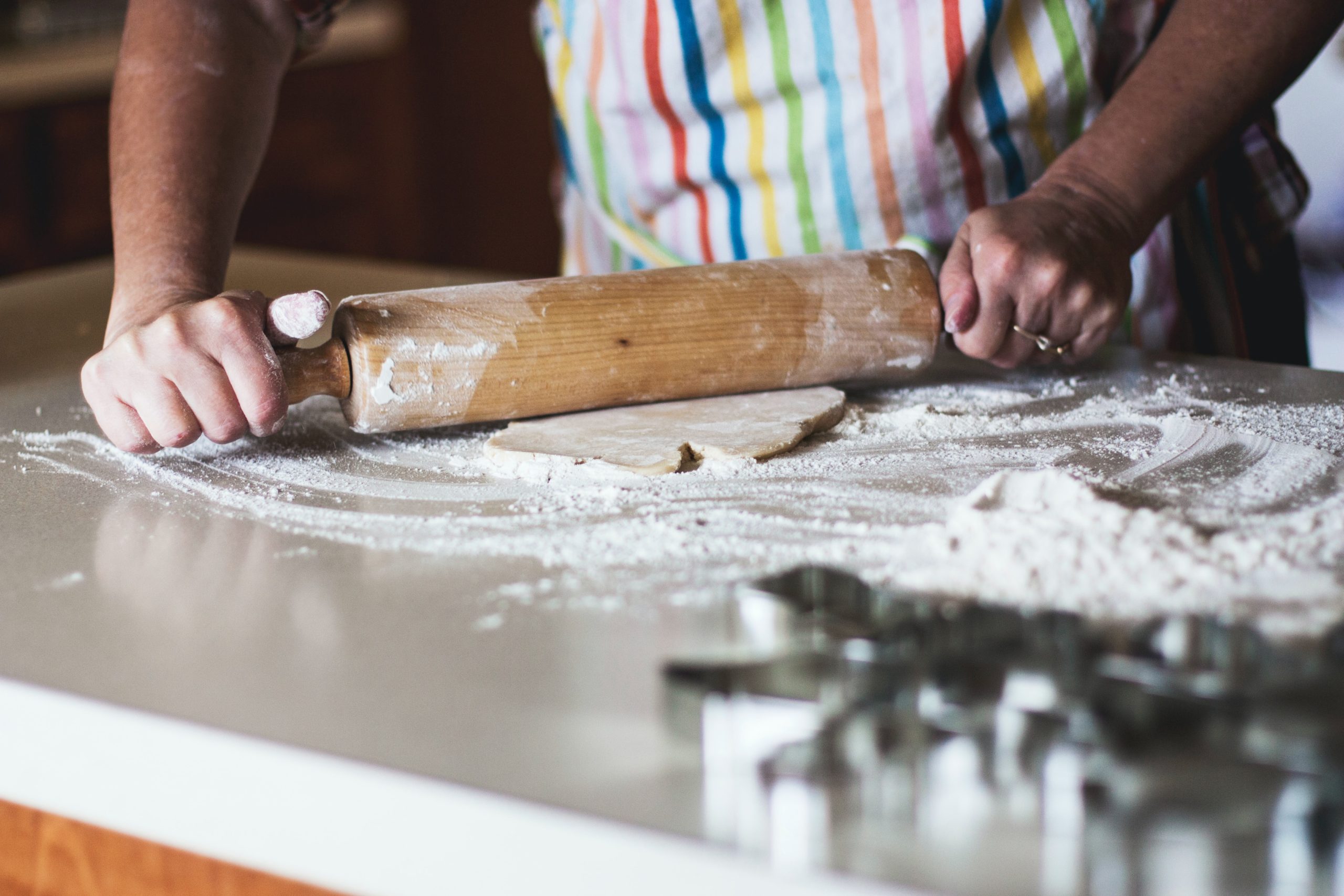Dr. Skye Barbic’s clinical training as an occupational therapist means that she is an expert in helping people perform daily tasks that they want and need to do, and address problems that interfere with those activities.
Now that routines and daily lives have been turned upside down by COVID-19, Dr. Barbic and her colleagues have been busy helping people deal with the disruptions caused by this pandemic.

“One of our main areas is to support people in establishing habits and routines that help them maintain health and engage in daily activities,” explained Dr. Barbic, CHÉOS Scientist and Assistant Professor in the UBC Department of Occupational Science and Occupational Therapy.
Occupational therapists have been helping people for over 100 years, including refugees and soldiers returning from the First World War. But, she says, the disruptions introduced by the pandemic are unlike any we have experienced before.
“For most of us, our regular routines have been completely changed or, for those who are out of work or school, removed all together” said Dr. Barbic.
Routine is essential to providing us with structure and purpose and promoting physical and mental health. She suggests sketching a daily or weekly schedule, waking up at a regular time, and getting dressed in the types of clothes you would normally wear.
“We also suggest that people get regular exercise, whatever that looks like. That could mean an appropriately physically distanced walk outdoors or online exercise classes,” she said “This is also a time to explore hobbies or activities that you’ve always wanted to do: take an online course, write a letter to a friend, do some gardening.”
Finally, it can be helpful and rewarding to write down, check off, and record your achievements over the weeks ahead.
But, most importantly, be kind to yourself — productivity is not the be-all end-all.
“None of us have been through anything like this before so don’t be hard on yourself because you didn’t learn a new language during the pandemic,” she said “We will need to adapt our self-imposed schedules and activities to maximize our own well-being.”
Dr. Barbic recently presented about these strategies and other COVID-related wellness planning in two webinars: one to the members of the Canadian Association of Occupational Therapists and one to over 5,000 members of the American Occupational Therapy Association.
“Dealing with occupational disruption is our area of expertise and we are poised to lead this part of the response to the pandemic,” she said “Once quarantine measures are lifted, we will be valuable contributors to planning for the transition of communities and health systems back to normal and dealing with the lasting impacts of the pandemic.”
Started my Monday talking to the great @HeatherBackman on @JACK1031Vic about #wellness, #mentalhealth, and #COVID19. Before the pandemic, less than a quarter of Canadians reported high wellness. This is a great time to « steepen the wellness curve ». #ot365 #UBC
— Skye Barbic she/her/hers (@skye_barbic) April 21, 2020
You can also hear Dr. Barbic on the airwaves as the “resident mental health expert” for Jack FM 103.1 on Vancouver Island. To learn more about her work and for more wellness tips, follow Dr. Barbic on Twitter.



